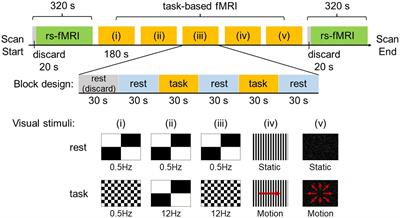EDITORIAL
Published on 02 May 2024
Editorial: Challenges and current research status of vertigo/vestibular diseases, volume II
doi 10.3389/fneur.2024.1409139
- 1,048 views
- 2 citations
5,426
Total downloads
23k
Total views and downloads
EDITORIAL
Published on 02 May 2024
ORIGINAL RESEARCH
Published on 09 Apr 2024
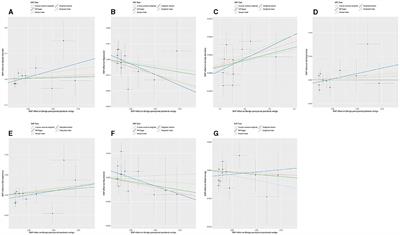
ORIGINAL RESEARCH
Published on 21 Feb 2024

ORIGINAL RESEARCH
Published on 04 Jan 2024
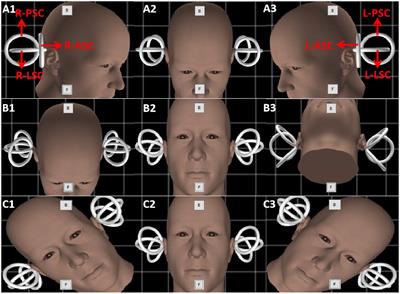
ORIGINAL RESEARCH
Published on 21 Dec 2023

REVIEW
Published on 19 Dec 2023
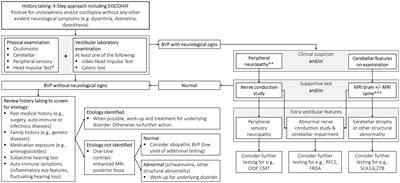
BRIEF RESEARCH REPORT
Published on 15 Dec 2023
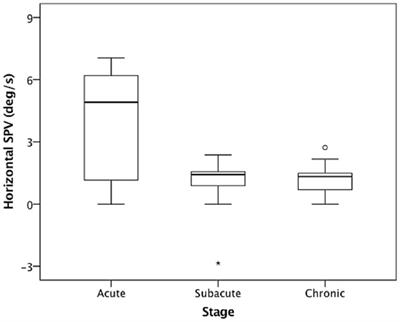
ORIGINAL RESEARCH
Published on 25 Oct 2023
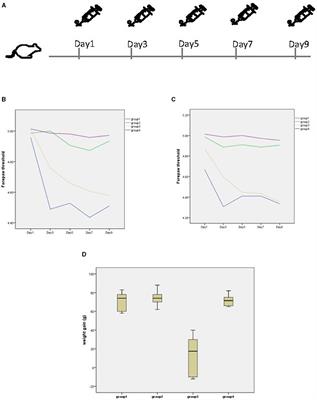
CASE REPORT
Published on 07 Sep 2023
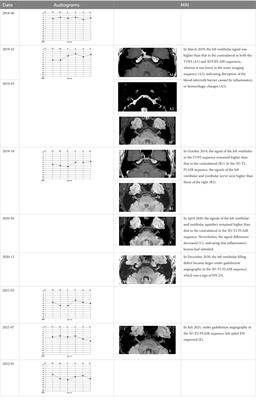
ORIGINAL RESEARCH
Published on 22 Aug 2023

ORIGINAL RESEARCH
Published on 24 Jul 2023
